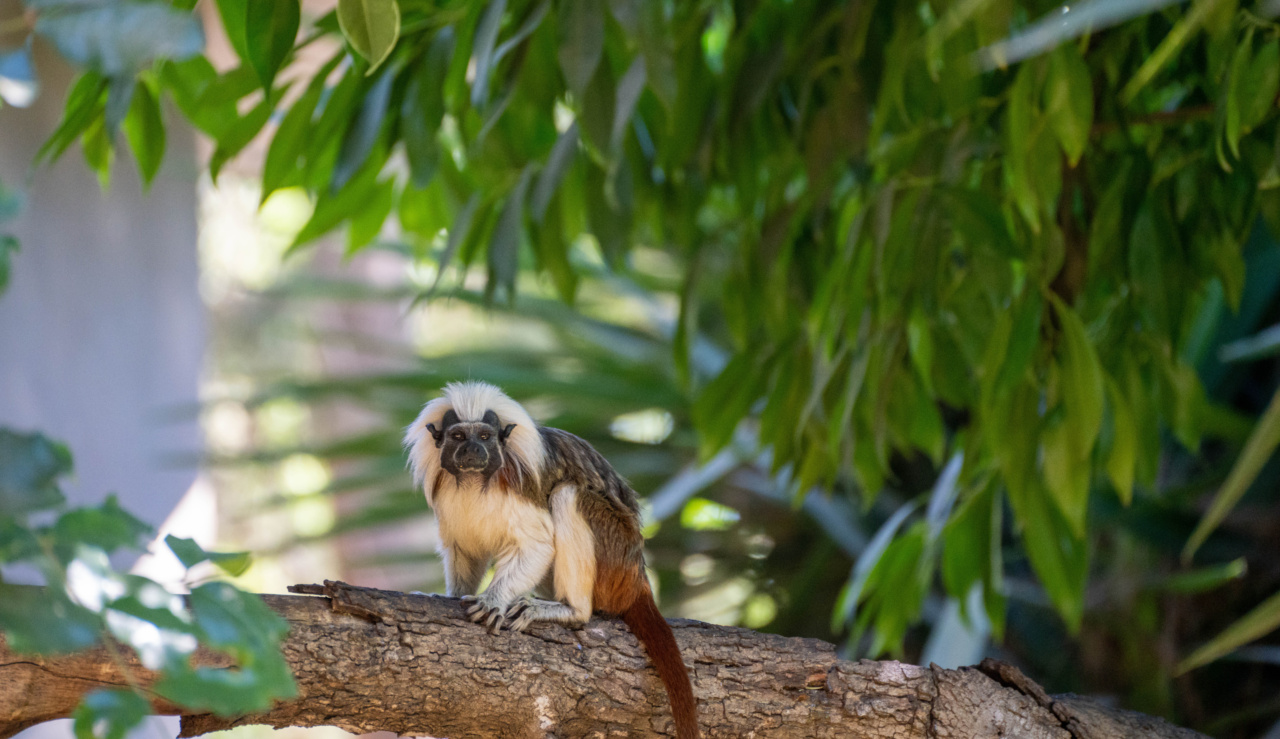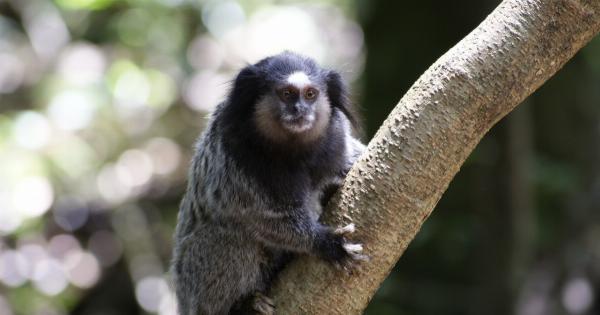Portugal has been grappling with a series of monkey outbreaks across the country, with 19 new cases reported in recent weeks.
These outbreaks have raised concerns among the local population and health authorities, as the monkeys pose potential risks to public health and safety.
Origin and Spread of the Monkey Outbreaks
The monkey outbreaks in Portugal have been primarily linked to the proliferation of non-native monkey species that were introduced into the country’s ecosystems.
Some of these monkeys escaped captivity or were purposefully released into the wild, leading to the establishment of feral populations. The most prevalent monkey species involved in these outbreaks are commonly known as macaques.
The macaque population in Portugal has been steadily increasing, aided by factors such as the monkeys’ adaptability, high reproductive rates, and lack of natural predators.
As the population grows, the monkeys have expanded their range and come into closer contact with local communities, leading to an increase in human-wildlife interactions and potential disease transmission.
Health Concerns Associated with Monkey Outbreaks
Monkey outbreaks in Portugal pose several health concerns. Firstly, monkeys can carry a range of diseases, some of which can be transmitted to humans. These include herpes B virus, tuberculosis, and hepatitis.
Direct contact with infected monkeys or their bodily fluids can put individuals at risk of contracting these diseases.
In addition to direct transmission, monkeys can also act as reservoirs for diseases that are transmitted by vectors, such as mosquitoes or ticks.
For example, monkeys infected with mosquito-borne viruses like Zika or dengue can serve as a source of infection for local mosquito populations, increasing the risk of human infection.
Furthermore, the presence of monkeys in urban areas and their interactions with domestic animals can result in zoonotic diseases jumping between species.
This can lead to the spread of diseases like rabies or parasites such as ticks, posing a threat to both animals and humans in the area.
Efforts to Mitigate Monkey Outbreaks
The Portuguese government and local authorities have been implementing various measures to mitigate the monkey outbreaks and address the associated health risks. These efforts include:.
1. Capture and relocation: Trained professionals are capturing individual monkeys and relocating them to more suitable habitats, away from human settlements. This helps reduce the population density and minimize human-wildlife conflict.
2. Public awareness campaigns: Authorities have launched public awareness campaigns to educate the local population about the risks associated with monkeys and how to avoid close contact with them.
These campaigns emphasize the importance of not feeding or encouraging the monkeys, as well as reporting sightings to the relevant authorities.
3. Research and monitoring: Ongoing research and monitoring efforts are being conducted to better understand the behavior, ecology, and disease prevalence among the monkey populations.
This knowledge is crucial for implementing effective strategies to manage the outbreaks and mitigate potential health risks.
4.
Cooperation with international organizations: The Portuguese government is working closely with international organizations, such as the World Health Organization (WHO) and the European Centre for Disease Prevention and Control (ECDC), to exchange information and best practices for managing monkey outbreaks and preventing disease transmission.
Looking Ahead: Future Challenges and Solutions
While the aforementioned measures are steps in the right direction, addressing monkey outbreaks in Portugal requires long-term solutions and cooperation between various stakeholders. Some of the challenges that need to be tackled include:.
1.
Controlling monkey population growth: Implementing effective population control measures, such as sterilization or contraception programs, can help slow down the growth of monkey populations and minimize their impact on ecosystems and human settlements.
2. Strengthening legislation: Stricter legislation and regulations regarding the ownership, trade, and release of monkeys into the wild are necessary to prevent further introductions and ensure responsible ownership of these species.
3. Enhancing international collaboration: Cooperation with neighboring countries that also face similar monkey outbreaks can facilitate the sharing of knowledge, resources, and strategies for managing the issue collectively.
4. Sustainable land management: Preserving and restoring natural habitats can help deter monkeys from inhabiting urban areas and encourage them to remain in their natural environments, reducing the risks of human-wildlife interactions.
Conclusion
The continued monkey outbreaks in Portugal highlight the importance of addressing the challenges posed by non-native monkey species.
By implementing comprehensive measures that encompass population control, public awareness, research, and international collaboration, Portugal can mitigate the risks to public health and safety. It is crucial to safeguard both human and animal well-being while preserving the country’s biodiversity and natural ecosystems.






























